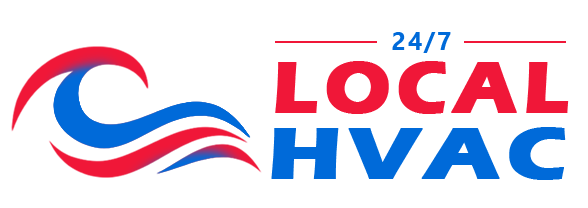HVAC & Keeping Your Building Safe During the Pandemic

The coronavirus, which causes the disease COVID-19, is called a “novel” virus for good reason. While many different coronaviruses that can cause illness have been identified and are well known to infectious disease specialists, the virus that causes COVID-19 (SARS-CoV-2) is a new strain that has not been previously identified in humans. This means that, as of now, we have very little information about how the disease is spread — specifically what role commercial HVAC
systems may play in its transmission.
There is ample evidence that HVAC systems in most non-medical buildings play only a small role in infectious disease transmission. However, we do not have enough information yet to declare with any certainty exactly how this particular coronavirus spreads. A definitive conclusion about this is likely to take years.
Even in the absence of scientific consensus, it is critically important to consider what we DO know, no matter how limited that information is at this point. According to the World Health Organization, the coronavirus that causes COVID-19 virus spreads primarily through droplets of saliva or discharge from the nose when an infected person coughs or sneezes… Droplets and particles produced this way may settle on surfaces, but early indications are that these particles may behave more like a gas and can travel through the air for longer distances.
To minimize the likelihood of coronavirus transmission, the importance of basic principles of physical distancing, surface cleaning and disinfection, handwashing, and the wearing of face coverings cannot be overestimated. Out of an abundance of caution, once the basics above are covered, a few actions related to HVAC systems are suggested:
• Increase outdoor air ventilation. With many buildings and facilities at 50% capacity or lower, this increases the effective dilution ventilation per person.
• Disable demand-controlled ventilation (DCV).
• Consider opening outdoor air dampers as much as 100% to eliminate recirculation, even if it affects the achievement and maintenance of indoor temperatures typically considered to be comfortable during extreme outdoor temperatures.
• Change Central-10 air filtration to either MERV-1311 or the filter that is most compatible with the rack, carefully sealing edges.
• Run systems longer running longer hours—even 24/7.
• Consider portable room air cleaners with HEPA filters
• Consider UVGI (ultraviolet germicidal irradiation) to protect people from radiation in high-risk spaces such as waiting rooms and other locations with the potential for higher occupancy.
At this point, because very little is known about the coronavirus that causes COVID-19, it is important to cover every base to minimize the transmission of the disease.
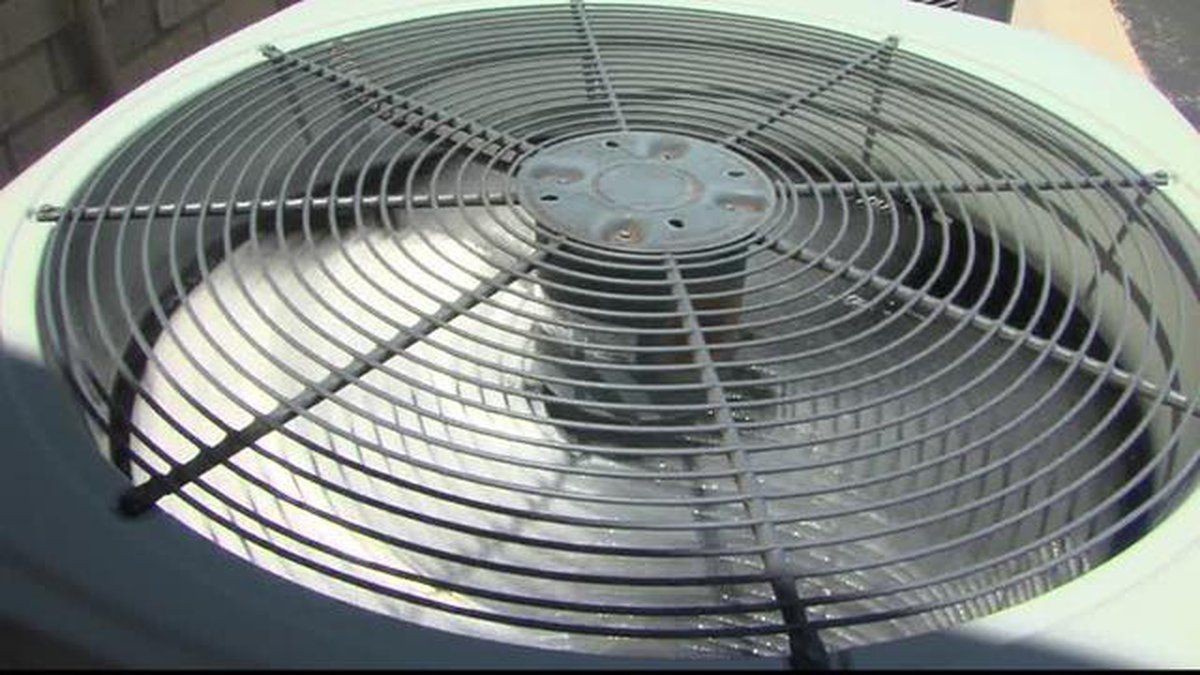

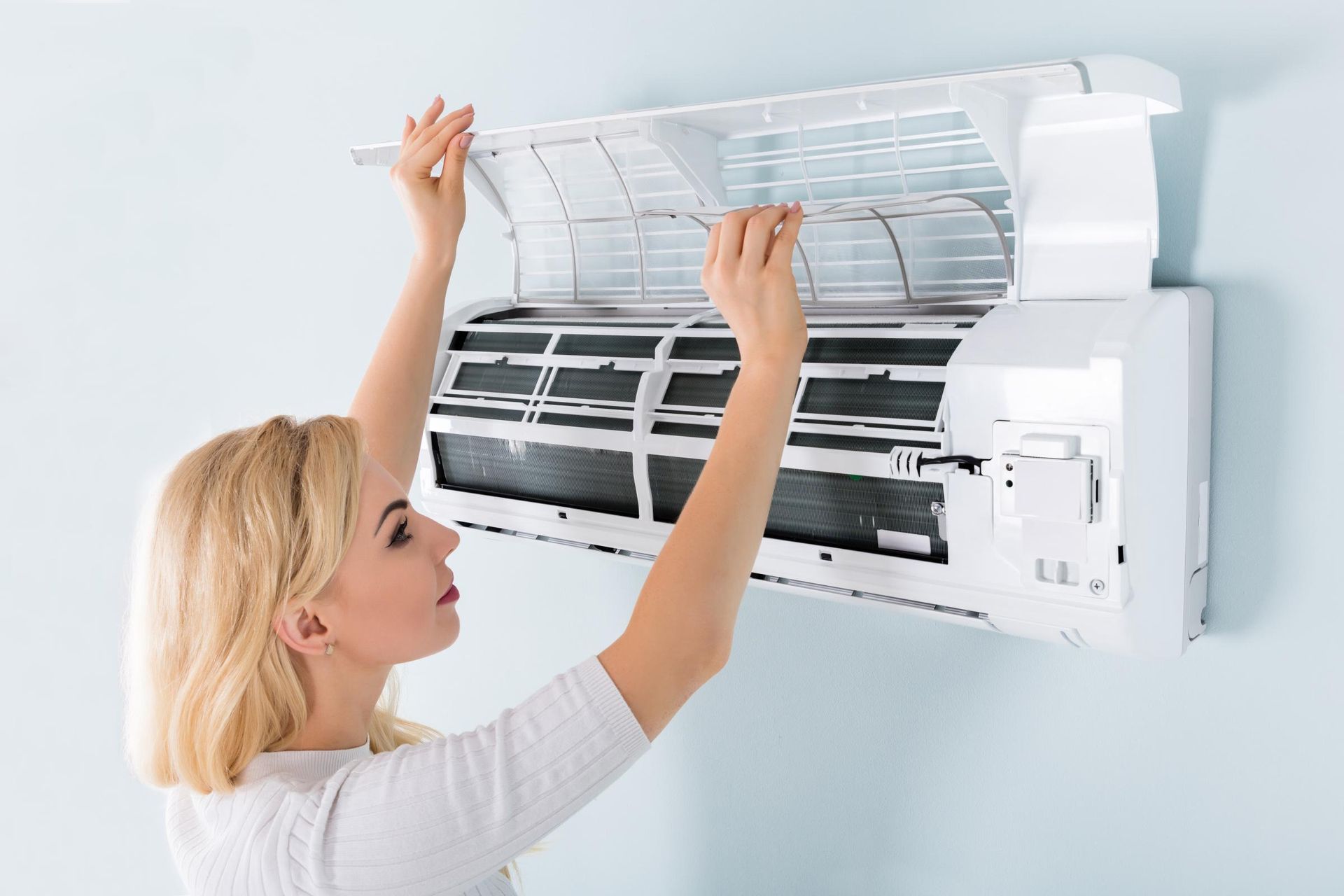
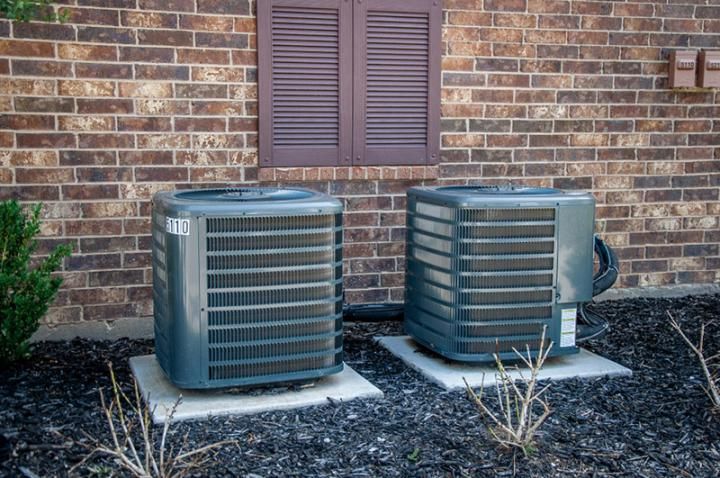

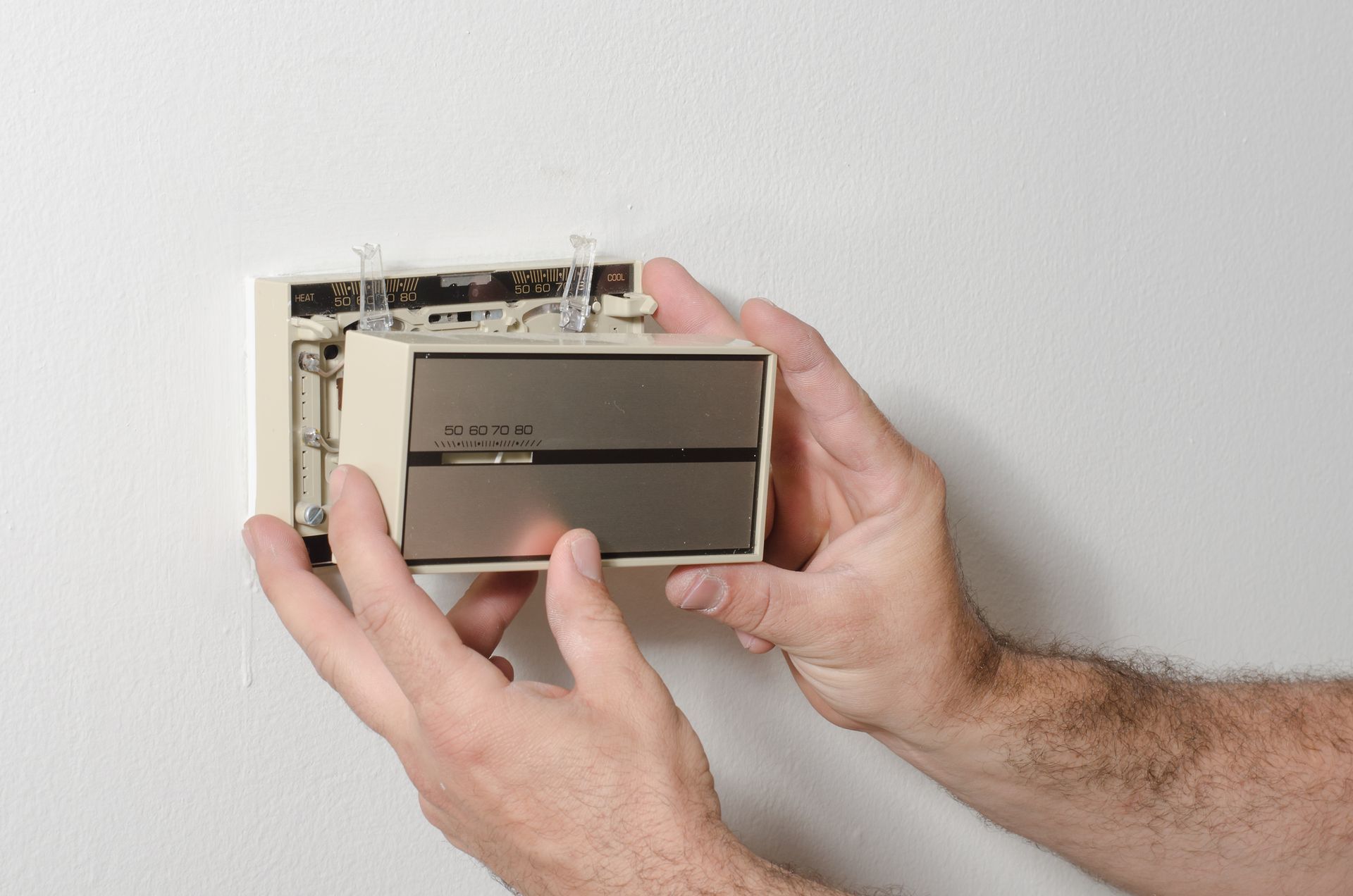

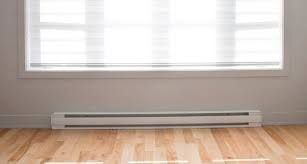
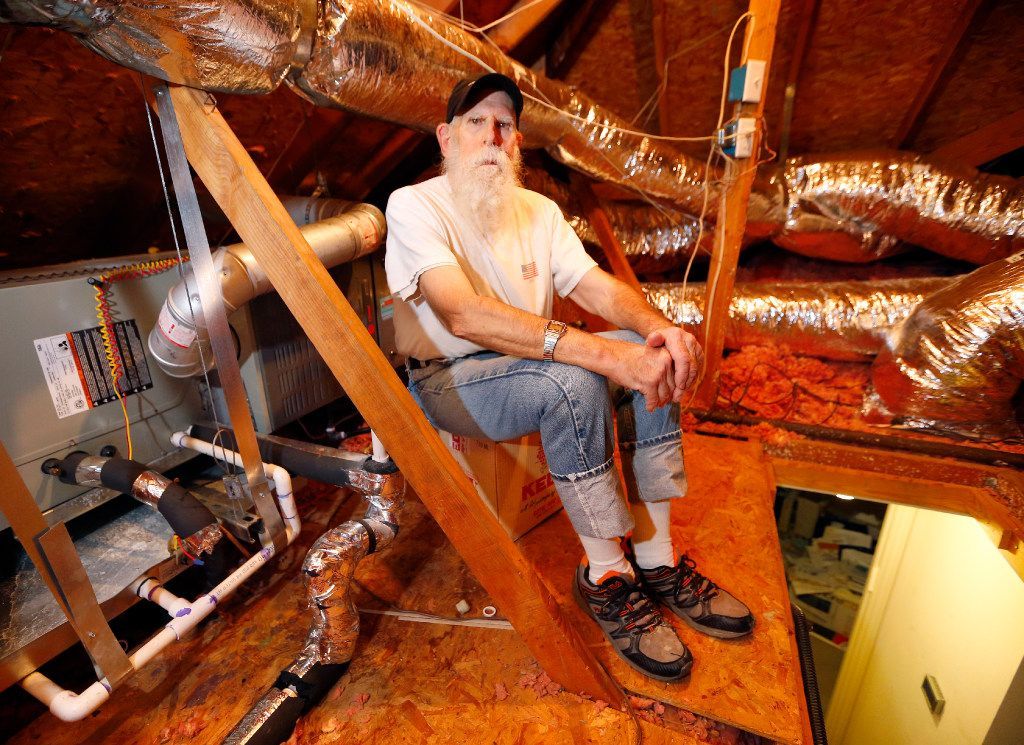

At 24/7 Local HVAC, we specialize in facilitating connections with top-tier HVAC professionals. Our focus is on bridging the gap between you and reputable HVAC companies operating within your local vicinity. It's important to emphasize that each of these HVAC entities functions independently and autonomously.
We firmly place the onus on every individual user to meticulously verify that any selected HVAC company aligns with the mandated licensing and insurance prerequisites stipulated by the governing authorities in their respective jurisdiction.
Furthermore, it's worth noting that our services may regrettably not cover all geographical areas. In instances where our services are available, the scope of offerings could potentially differ based on the composition of service providers present within that particular region.

